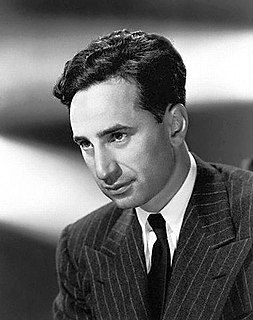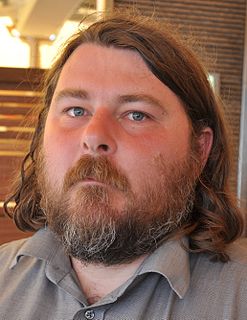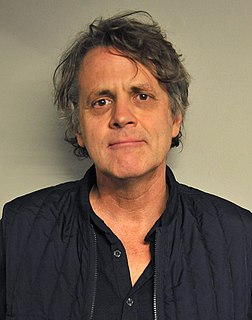A Quote by Peter Jackson
The industry has to have the audience in order to make these films. So it's a serious thing - how do you get people to leave their houses and go to the theater?
Related Quotes
I intend to work until the day I die. I retired from feature-length films but not from animation. Self-indulgent animation. It's nice that I have the mini-theater in the museum. Most of the museum visitors attend the mini-theater screenings and we've never had a complaint about the quality of the films. I'd like to continue to make films that leave the audience satisfied, but I also think it's pointless unless I offer them the kind of animation they can't get anywhere else. They're fun to do. They're short so it's less stressful.
I always tell that to young people - go to college, do theater, work with an audience. Don't try to learn how to act in front of millions and millions of people. Don't make that your first ambition, to be on a sitcom or get into the movies. Learn who you are as an actor, and the best way to do that is to do it in front of an audience.
I do think - I always tell that to young people - go to college, do theater, work with an audience. Don't try to learn how to act in front of millions and millions of people. Don't make that your first ambition, to be on a sitcom or get into the movies. Learn who you are as an actor, and the best way to do that is to do it in front of an audience.
What I want to do is make films that astonish people, that astound people, and I hope you want to do that too. It's easy to make money. It's easy to make films like everybody else. But to make films that explode like grenades in people's heads and leave shrapnel for the rest of their lives is a very important thing. That's what the great filmmakers did for me. I've got images from Fellini, from Bergman, from Kurowsawa, from Bunuel, all stuck in my brain.
You can make a film in a way that, when the audience leaves the theater, they leave with certain answers in their head. But when you leave them with answers, you interrupt the process of thinking. If, instead, you raise questions about the themes and the story, this means that the audience is on its way to start thinking.
I want to try not to repeat myself. But then I seem to do it continuously in my films. It's not something I make any effort to do. I just want to make films that are personal, but interesting to an audience. I feel I get criticized for style over substance, and for details that get in the way of the characters. But every decision I make is how to bring those characters forward.
People say, "How do you get into the British film industry?" There is no British film industry, there are just people making films and finding their own way. It's not like in the States where there are studios and there's an actual infrastructure to it; there's just nothing here. You make it from scratch a lot of the time.
Well, Toronto, I consider to be the birthplace of my films. I've made three films and this is the third one to premiere here in the same theater on the same day at the same time - they are my audience. They're the people that I think about while I'm writing, directing, and editing. I specifically make movies for them.
I think one of the things that is important, for me, though a lot of people would disagree with me, is that you be founded in theater so that you understand what an audience is, what kind of an animal it is and how to play with it. How to have fun with it, how to sympathize with it, all the things that an audience is. I don't think you're going to find that out unless you do theater.
Well, in our industry it's that the movies cost so much money to make they have to appeal to a broad audience. And I think that's part of what will loosen up in the future, as technology makes it cheaper, you'll be able to make films for a more selective audience. I think people will be able to make more personal movies.





































